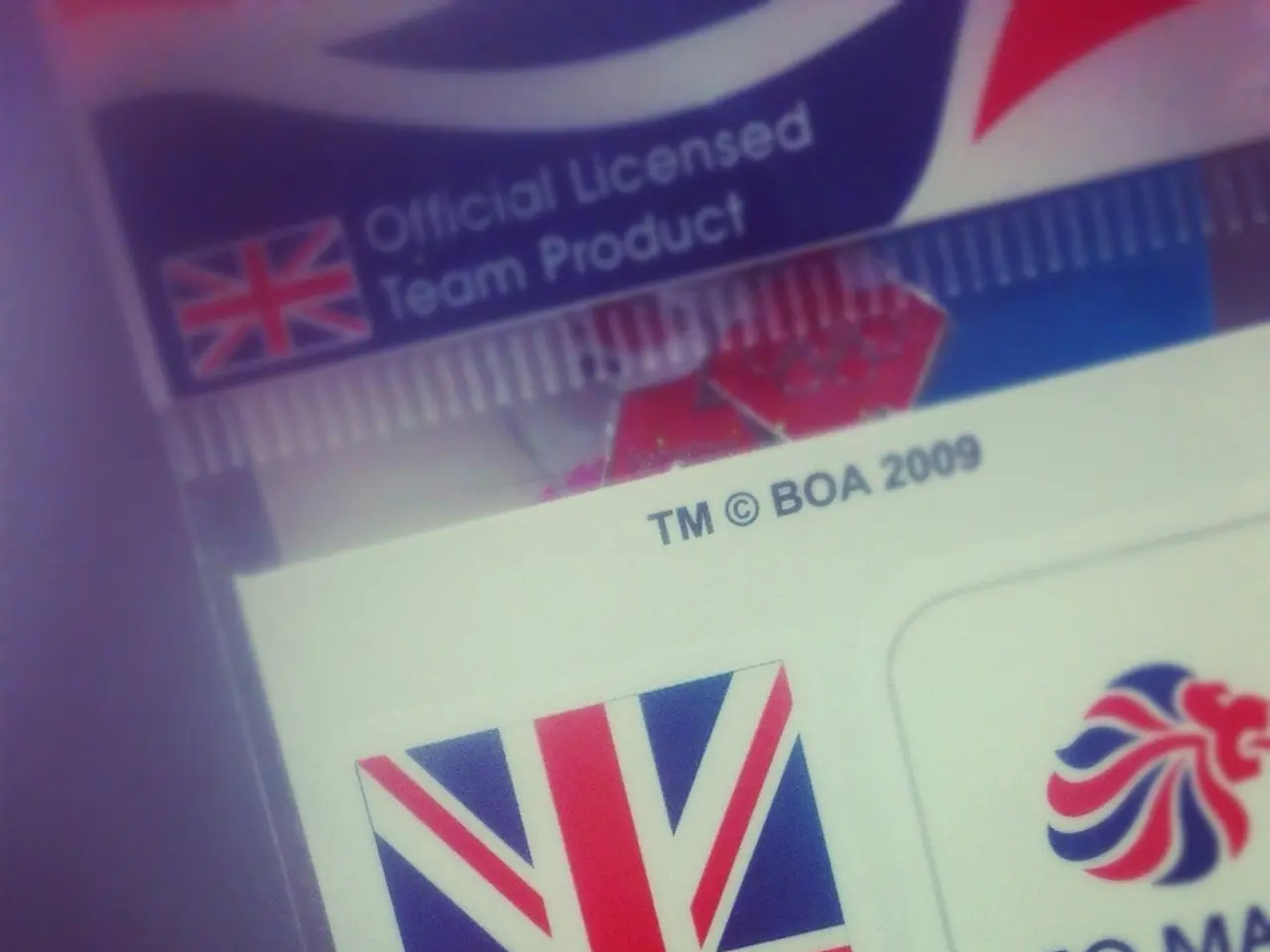Saying Goodbye to Zollcrash: Is the DAX Market Safe for Investment Again? A Guide for Smart Investors
Market recovery ongoing.
In the wake of the infamous Zollcrash, the DAX market appears to be shaking off the past and reaching new heights, causing a stir among investors questioning this recovery's sustainability. Let's examine the unique factors that are driving this market resurgence and weigh the pros and cons of making a move in the current economic climate.
At the Invest trade fair in Stuttgart, industry experts like Friedhelm Tilgen, Matthias Hüppe from HSBC, and Michael Proffe from Proffe Invest took center stage to discuss the possibilities for investment opportunities in the recovering market.
Elaborating on the factors influencing the DAX's recovery, recent reports showcase a combination of factors that have sent this market soaring:
- Relieved trade tensions, especially between the U.S. and China, and optimism from the ECB, have injected life into the European stock market, boosting the DAX and other regional indices. This upswing has been particularly notable for the DAX, which has surpassed previous record highs [1][3][4].
- Despite seeing a contraction of 0.2% GDP year-on-year in Q1 2025 (the German economy entering its seventh consecutive quarter of recession), positive market sentiment has taken hold due to new political leadership and prospects for growth under Chancellor Friedrich Merz. The new government aims to rejuvenate the economy through stimulus, increased defense spending, and modern infrastructure improvements, all of which could bolster the market [5].
- The auto industry, a key player in the DAX, is hopeful for tariff relief, following years of trade tensions that had taken a toll on the sector. With easing tariff concerns, the DAX has enjoyed a strong rebound from its earlier crash [5].
- However, it is important to acknowledge the inherent uncertainties looming over the market, particularly the ongoing global trade situation and mixed economic data emanating from Europe. Despite these challenges, the DAX is refusing to slow its pace, thanks to ongoing optimism and positive macroeconomic indicators [2][5].
The experts advise exercising caution while approaching this seemingly bullish market and to monitor geopolitical and economic developments closely.
In conclusion, the advice for investors looking to invest in the recovering DAX market is to seize the opportunities afforded by easing trade tensions and new political leadership, while keeping a watchful eye on lingering economic challenges and potential volatility risks [1][3][5].
Sources:
[1] Financial Times. (2025, May 6). Retrieved from www.ft.com/daxtariffrelief
[2] CNBC. (2025, May 8). Retrieved from www.cnbc.com/daxtariffs
[3] Bloomberg. (2025, May 12). Retrieved from www.bloomberg.com/daxsurgere
[4] Reuters. (2025, May 15). Retrieved from www.reuters.com/daxtariffsanalysis
[5] Handelsblatt. (2025, May 18). Retrieved from www.handelsblatt.com/daxtariffimpact
- Investors should be aware that the DAX market's recovery, as seen after the Zollcrash, is driven by factors such as improved trade tensions, positive sentiments from the ECB, new political leadership, and potential growth prospects.
- The experts at the Invest trade fair suggest keenly observing geopolitical and economic developments within Europe and on a global scale before making any investments, given the uncertainties persisting in the market.
- One of the key sectors benefiting from the DAX's rebound is the auto industry, which is optimistic about tariff relief following years of trade tensions that had negatively impacted the sector.
- Professional investors can seize the opportunities arising from easing trade tensions and new political leadership while simultaneously monitoring the ongoing global trade situation and potential economic challenges in the DAX market to mitigate any risks associated with volatility.




